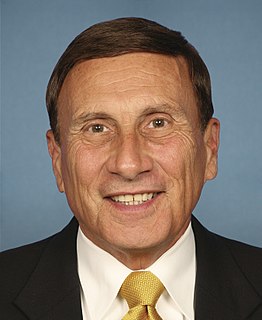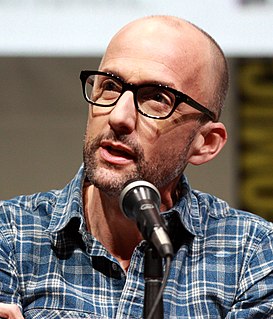A Quote by Franklin P. Adams
The best part of the fiction in many novels is the notice that the characters are purely imaginary.
Related Quotes
In Pakistan, many of the young people read novels because in the novels, not just my novels but the novels of many other Pakistani writers, they encounter ideas, notions, ways of thinking about the world, thinking about their society that are different. And fiction functions in a countercultural way as it does in America and certainly as it did in the, you know, '60s.
For any artistic person who creates imaginary people, the art is like inhabiting the life and mind of a seven-year-old child with imaginary friends and imaginary events and imaginary grace and imaginary tragedy. Within that alternate universe, the characters do have quite a bit of free will. I know it's happening in my mind and my mind alone, but they seem to have their own ability to shape their destinies. So I'm not shooting for anything. If the characters are vulnerable it's simply because they're very human.
With fiction, you are creating an imaginary world. And it can be a very mechanical process. In a fictional film, you create the characters who become "real people" when facing the camera. When you stop shooting, they change their costumes and become someone else. And people tend to believe in documentary more than fiction. Even if the fiction is based on a true story, everybody will say, "Oh, they're only actors."

































